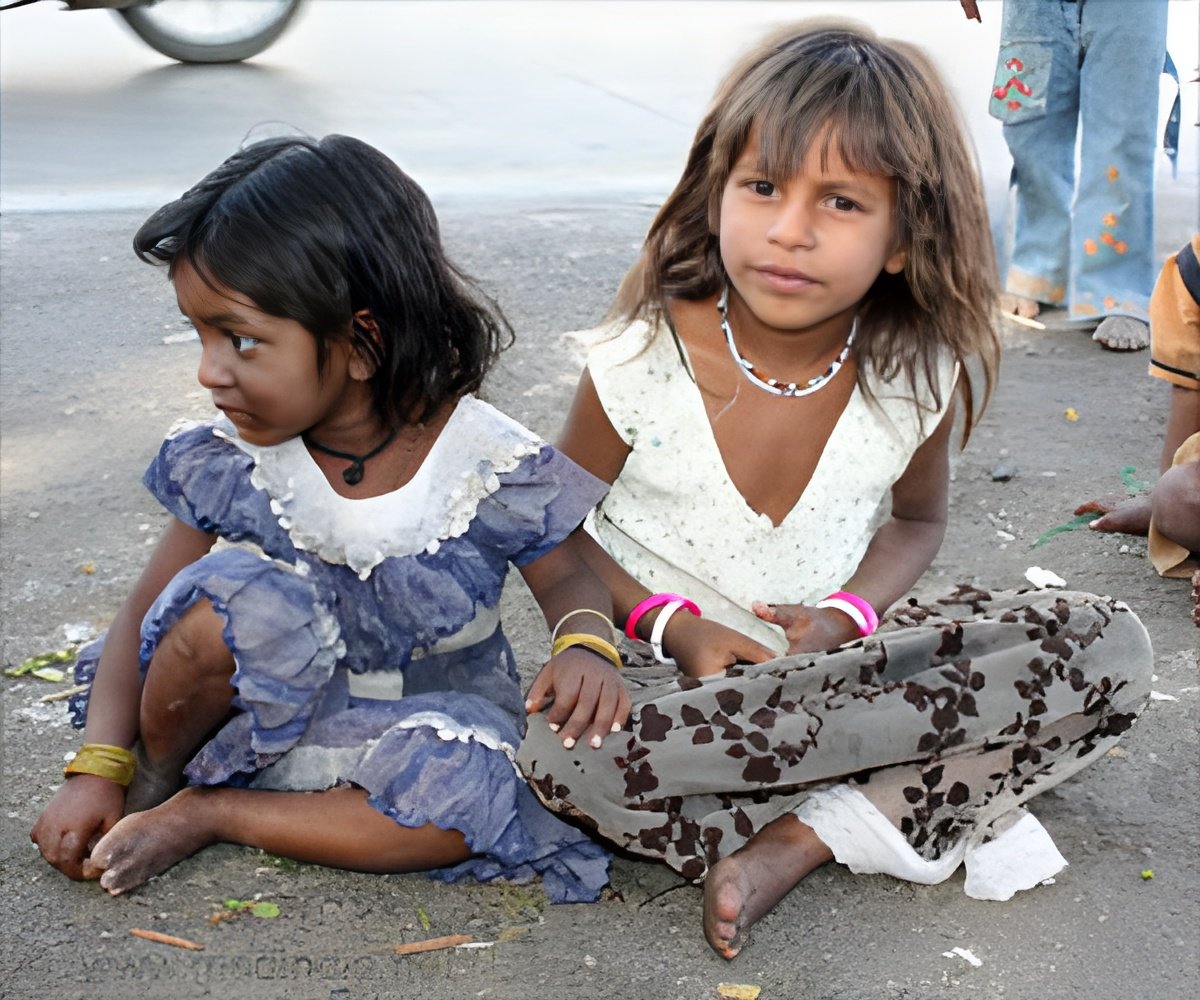
According to the study, published in the journal Science and co-authored by an Indian-origin researcher, with more than 20,000 people enrolled across six countries over a three-year period, the experiment produced a 5% increase in per capita income.
The study also observed an 8% increase in food consumption, a 15% increase in assets, and a 96% increase in savings, compared with similar groups of people not enrolled in the "Graduation" program.
"The results show that three years after the intervention, hunger is down, consumption is up, and income is up," said study co-author Abhijit Banerjee, professor of economics at Massachusetts Institute of Technology (MIT) in the US.
While the welfare of recipients was expected to increase in the short run, those gains proved durable.
"It seems to be an improvement that happens and stays intact," Banerjee said, noting that the self-reported mental health of participants improved as well. "They are happier too," Banerjee said.
Advertisement
The "Graduation" program gave participants a one-time asset transfer, often providing people with animals, such as cows or chickens, from which they could earn income.
Advertisement
Some specifics were tailored to each country, but in each case, participants' results were compared to those of people with similar income levels who did not take part in the project.
The wealth gains were observed in five of the six countries; only Honduras was an exception.
The experiment has demonstrated that the world's poorest people are not inherently incapable of improving their own lives, Banerjee noted.
Source-IANS










